Related Research Articles

General Sir Richard Nugent O'Connor, was a senior British Army officer who fought in both the First and Second World Wars, and commanded the Western Desert Force in the early years of the Second World War. He was the field commander for Operation Compass, in which his forces destroyed a much larger Italian army – a victory which nearly drove the Axis from Africa, and in turn, led Adolf Hitler to send the Afrika Korps under Erwin Rommel to try to reverse the situation. O'Connor was captured by a German reconnaissance patrol during the night of 7 April 1941 and spent over two years in an Italian prisoner of war camp. He eventually escaped after the fall of Mussolini in the autumn of 1943. In 1944 he commanded VIII Corps in the Battle of Normandy and later during Operation Market Garden. In 1945 he was General Officer in Command of the Eastern Command in India and then, in the closing days of British rule in the subcontinent, he headed Northern Command. His final job in the army was Adjutant-General to the Forces in London, in charge of the British Army's administration, personnel and organisation.

I Corps was an army corps in existence as an active formation in the British Army for most of the 80 years from its creation in the First World War until the end of the Cold War, longer than any other corps. It had a short-lived precursor during the Waterloo Campaign. It served as the operational component of the British Army of the Rhine during the Cold War, and was tasked with defending West Germany.
General Sir Alexander Frank Philip Christison, 4th Baronet, was a British Army officer who served with distinction during the world wars. After service as a junior officer on the Western Front in the First World War, he later distinguished himself during the Second World War, where he commanded XV Indian Corps, part of Sir William Slim's Fourteenth Army, during the Burma campaign. He then went on to have a successful postwar career, and lived to the age of 100.

IV Corps was a corps-sized formation of the British Army, formed in both the First World War and the Second World War. During the First World War the corps served on the Western Front throughout its existence. During the Second World War it served in Norway and Britain until it was transferred to India, which was threatened with attack after Japan entered the war.

The II Corps was an army corps of the British Army formed in both the First World War and the Second World War. There had also been a short-lived II Corps during the Waterloo Campaign.
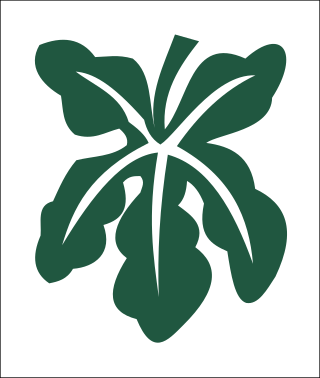
III Corps was an army corps of the British Army formed in both the First World War and the Second World War.
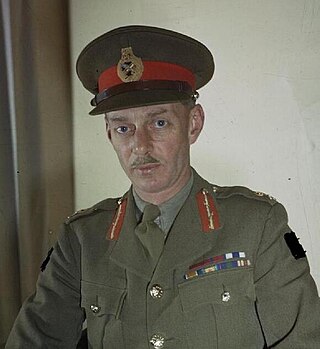
General Sir Miles Christopher Dempsey, was a senior British Army officer who served in both world wars. During the Second World War he commanded the Second Army in northwest Europe. A highly professional career soldier who made his reputation in active service, Dempsey was highly thought of by both his subordinates and superiors, most notably Bernard Montgomery, but is not well known.

Lieutenant-General Sir Brian Gwynne Horrocks, was a British Army officer, chiefly remembered as the commander of XXX Corps in Operation Market Garden and other operations during the Second World War. He also served in the First World War and the Russian Civil War, was taken prisoner twice, and competed in the modern pentathlon at the 1924 Paris Olympics. Later he was a television presenter, wrote books on military history, and was Black Rod in the House of Lords for 14 years.
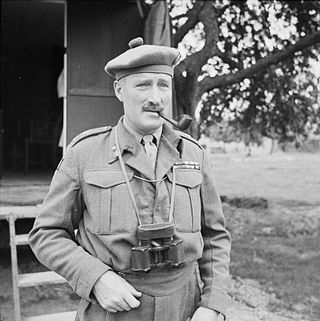
General Sir Neil Methuen Ritchie, was a British Army officer who served in the First and Second World Wars. During the Second World War he commanded the British Eighth Army in the North African campaign from November 1941 until he was dismissed in June 1942 after a disastrous defeat in the Battle of Gazala.

British Forces Cyprus (BFC) is the name given to the British Armed Forces stationed in the UK Sovereign Base Areas of Akrotiri and Dhekelia on the island of Cyprus and at a number of related 'retained sites' in the Republic of Cyprus. The United Kingdom retains a military presence on the island in order to keep a strategic location at the eastern end of the Mediterranean, for use as a staging point for forces sent to locations in the Middle East and Asia. BFC is a tri-service command, with all three services based on the island reporting to it.

General Sir Kenneth Arthur Noel Anderson, was a senior British Army officer who saw service in both world wars. He is mainly remembered as the commander of the British First Army during Operation Torch, the Allied invasion of North Africa and the subsequent Tunisian campaign which ended with the capture of almost 250,000 Axis soldiers. An outwardly reserved character, he did not court popularity either with his superiors or with the public.
The 19th Brigade is an Army Reserve formation of the British Army. As the 19th Infantry Brigade, it fought in the First and Second World War.
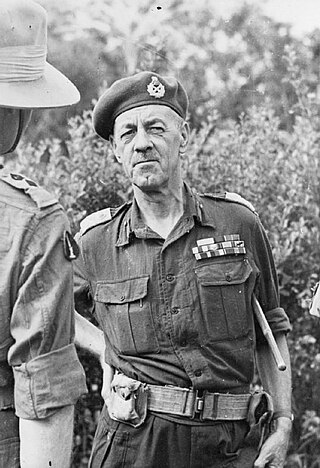
General Sir Geoffry Allen Percival Scoones, was a senior officer in the Indian Army during the Second World War.

The 3rd Infantry Brigade was a Regular Army infantry brigade of the British Army, part of the 1st Infantry Division. Originally formed in 1809, during the Peninsular War, the brigade had a long history, seeing action in the Second Anglo-Afghan War, and during both the First and the Second World Wars.

XII Corps was an army corps of the British Army that fought in the First and Second World Wars. In the First World War, it formed part of the British Salonika Force on the Macedonian front. In the Second World War, it formed part of the British Second Army during Operation Overlord and the subsequent North-West Europe Campaign of 1944-46.

General Sir Gordon Holmes Alexander MacMillan of MacMillan and Knap, was a Scottish professional soldier who rose to become a general in the British Army. As a young officer during the First World War, he displayed outstanding bravery and was awarded a Military Cross and two Bars. At the age of 19 and while still a second lieutenant, he was appointed acting adjutant of the 2nd Battalion, Argyll and Sutherland Highlanders. Between the World Wars, MacMillan remained in the army, occupying posts of increasing seniority. He married Marian Blakiston Houston in 1929, and they had one daughter and four sons.
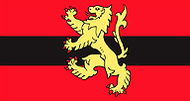
Scottish Command or Army Headquarters Scotland is a command of the British Army.
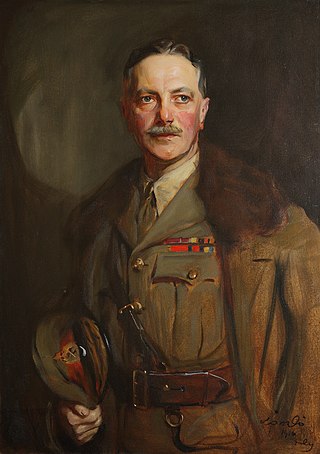
General Sir Robert Dundas Whigham, was a Scottish British Army officer who served as Adjutant-General to the Forces.

Aldershot Command was a Home Command of the British Army.
London District Signals was a headquarters signal unit of the Royal Engineers (RE) and later Royal Corps of Signals in Britain's Territorial Army from 1908. It served with a corps headquarters at Gallipoli and on the Western Front during World War I, and later became an air defence signal unit during World War II. Its successor unit continues in the Army Reserve today.
References
- 1 2 3 Scotland's top soldier on his rise through the ranks from council estate to top brass Daily Record, 11 August 2008
- ↑ "No. 48928". The London Gazette (Supplement). 22 March 1982. p. 4009.
- ↑ Recent Branch Activities Archived 11 September 2010 at the Wayback Machine the Mercury, 2003/4
- ↑ "No. 58330". The London Gazette . 18 May 2007. p. 7193.
- ↑ Army Commands Archived 5 July 2015 at the Wayback Machine
- ↑ David McDowall interview: The class warrior The Scotsman, 29 January 2009
- ↑ Salmond faces flak on recruitment of military adviser Glasgow Herald, 9 October 2009